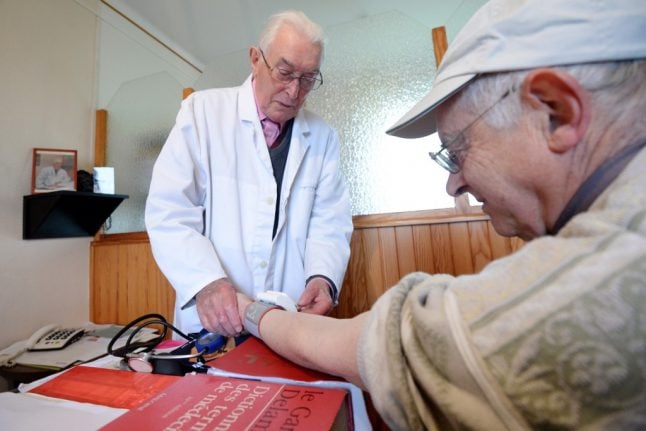Having access to France's lauded healthcare system is seen as a positive, even an incentive, to move here once you're retired.
But in order to make the most of it, you need to first understand the rules – and they aren't always that clear, as one reader who wrote to us pointed out.
- Healthcare: What you need to know if you're going to retire in France
- How to get a carte vitale in France and why you need one
 Photo: AFP
Photo: AFP
- receive a UK State Pension or exportable UK benefit
- you are a posted or frontier worker
- or you are living in the EEA and are family member of someone working in the UK



 Please whitelist us to continue reading.
Please whitelist us to continue reading.
Member comments